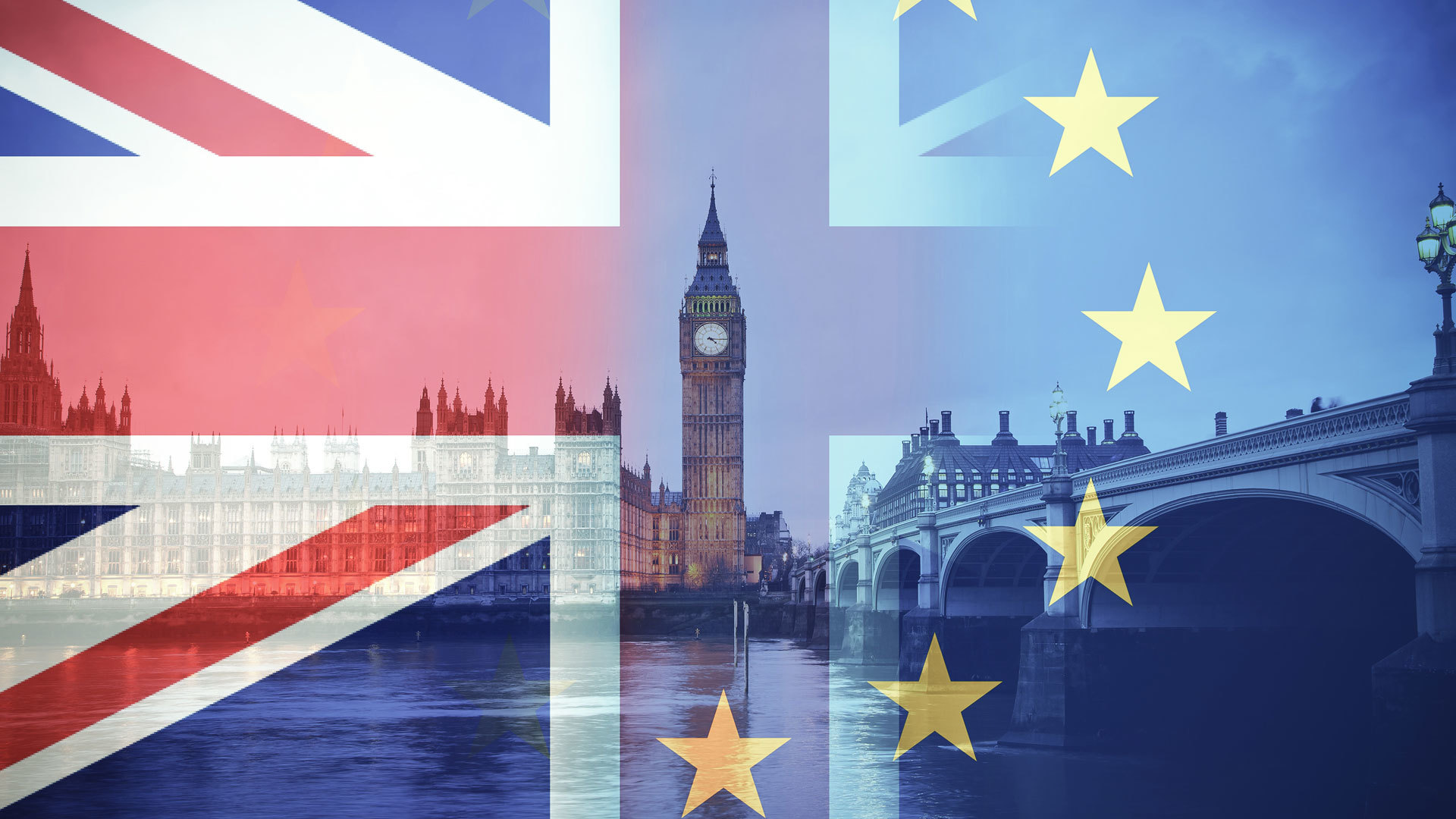UK and EU Reach Historic Post-Brexit Trade Deal
LONDON– Britain and the European Union agreed Thursday on new Brexit trading arrangements more than four years after the U.K. voted to leave the bloc, narrowly avoiding a potentially disastrous no-deal scenario.
The two sides reached a “zero tariff-zero quota deal” which will help smooth the trade of goods across the channel. It will bring relief to exporters on both sides that had been facing higher tariffs and costs had a deal not been reached.
U.K. Prime Minister Boris Johnson and EU Commission President Ursula von der Leyen praised the deal.
“The arguments with our European partners were at times fierce but this, I believe, is a good deal for the whole of Europe,” Johnson said at a press conference.
While von der Leyen said: “It is fair, it is a balanced deal and it is the right and responsible thing to do for both sides. She added that Europe would continue to cooperate in all areas with the U.K., which she described as a “trusted partner.”
Sterling trimmed some gains after the news was announced, but was still up 0.5% for the session at around $1.3557. Earlier this month, the currency breached a 2020 high of $1.3624, a level it hasn’t hit since May 2018.
Tense negotiations
Some 47 years after joining the European Union, Britain officially left the bloc on Jan. 31, 2020. In doing so, it became the first ever nation to leave the EU. However, it agreed to continue following European rules until the end of 2020 so it could negotiate friendlier trading conditions with the 27 other nations.
The two sides had been embroiled in intense talks since March to establish how commerce will work from January onward. There were significant clashes over fishing, competition rules — known as the “level playing field” — and the governance of their new relationship.
Under the deal, the EU has achieved a “level playing field,” meaning neither side can undercut the other with subsidies or similar. But Johnson stressed that the U.K. and EU will be act as “sovereign equals” and tariffs can be imposed if either side undercuts the other.
On fishing — which appears to have been the issue which stalled the deal in its final stages — there will be a five-and-a-half-year transition period during which time EU fishing vessels will continue to have access to U.K. waters. Negotiations on fishing quotas will be on an annual basis after that.
The period is longer than Johnson had originally been pushing for, but shorter than the EU’s proposed 10 years.
Over this period, Britain’s share of fish caught in U.K. waters will rise from around a half currently to two thirds, Johnson said.
SOURCE: CNBC

